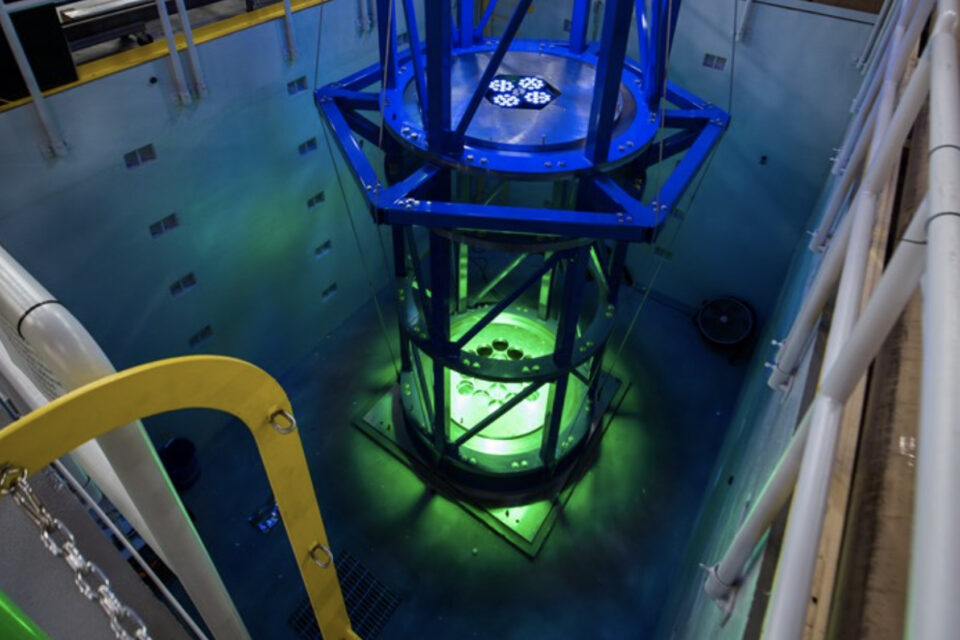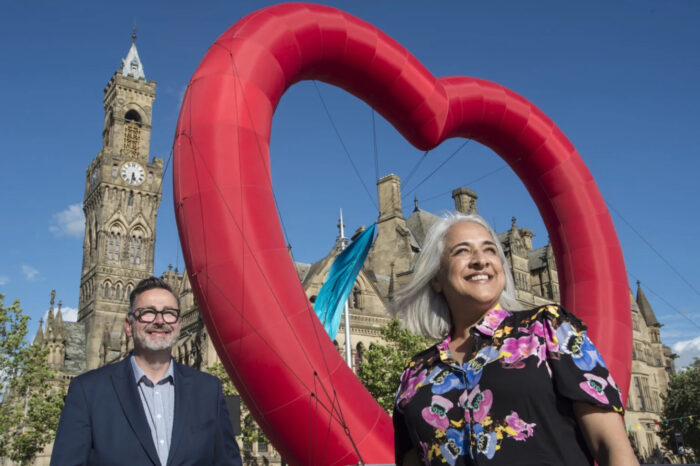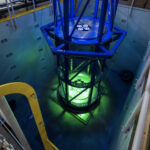ArcelorMittal invests $25 million nuclear power innovator TerraPower

Image by ArcelorMittal
ArcelorMittal announced on 3 November that it has invested $25 million in nuclear innovation company TerraPower through its XCarb® Innovation Fund. The investment is part of an $830 million equity raise TerraPower has concluded, which is the largest private raise among advanced nuclear companies.
TerraPower, which was founded by Bill Gates in 2008, entered the nuclear energy arena because the company’s founders saw clean energy as the pathway to lift billions out of poverty. It has spent the last decade investing in and developing ground-breaking nuclear technologies.
Its flagship technology is Natrium™, which features a cost-competitive sodium fast reactor combined with a molten salt energy storage system. This combination will provide clean, flexible energy and integrate seamlessly into power grids with high penetrations of renewables. TerraPower is experiencing significant growth, and is currently building its first Natrium™ reactor, a TerraPower and GE Hitachi technology, as part of the U.S. Department of Energy’s Advanced Reactor Demonstration Program (ARDP). The facility, being constructed near the site of a retiring coal plant in Kemmerer, Wyoming, will feature a 345 MWe sodium fast reactor alongside an energy storage system that can boost output to 500 MWe during peak demand. Large scale, first-of-a-kind, energy generation projects like the Natrium™ project take years to come to fruition, and TerraPower is targeting an in-service date for the project within this decade.
Commenting, Irina Gorbounova, head of the XCarb® Innovation fund, ArcelorMittal, said: “Having been in discussions with TerraPower for some time, we have been very impressed by the quality and ambition of the company’s technology and people. The XCarb® Innovation Fund is designed to invest in the best and brightest innovations which hold the potential to accelerate the world’s transition to net zero and support the decarbonisation of our industry, which is intrinsically linked to access to an abundant supply of clean energy solutions. TerraPower is therefore a perfect fit for our Innovation Fund, and we are delighted to join its investor base.”
ArcelorMittal’s XCarb® Innovation Fund was launched in March last year. The fund’s purpose is to supplement the Company’s own extensive decarbonisation technology development programme, by investing in early stage, breakthrough technologies which hold strong potential to contribute to the decarbonisation of steelmaking.
The fund targets investing in seven technology domains, namely:
- Disruption in steelmaking
- Waste to gas or biocarbon
- Gas reforming/gas transformation technologies
- Disruptive hydrogen technologies
- Carbon capture, utilisation and storage
- Long-duration, large-scale energy storage technologies
- Clean energy technologies
Since launch, the fund has made investments of $122.5 million in five companies – Heliogen, Form Energy, LanzaTech, H2Pro and TerraPower. In September 2021, the Company also committed to an equity investment of $100 million over a five-year period when it became an anchor partner in Breakthrough Energy’s Catalyst Program. Breakthrough Energy was founded by Bill Gates and its Catalyst program combines public and private finance to accelerate the development and deployment of four decarbonisation technologies: direct air capture; green hydrogen; long-duration energy storage and sustainable aviation fuel. It recently announced its first project funding, with $50 million granted to LanzaJet’s Freedom Pines Fuels sustainable aviation fuel plant in Soperton, Georgia. ArcelorMittal is the world’s leading steel and mining company, with a presence in 60 countries and primary steelmaking facilities in 16 countries. It is overlooked by UK-based Indian steel magnate, Laxmi Mittal, who is the Executive Chairman. Their purpose is to produce ever smarter steels that have a positive benefit for people and planet, steels made using innovative processes which use less energy, emit significantly less carbon and reduce costs, as well as steels that are cleaner, stronger and reusable.








